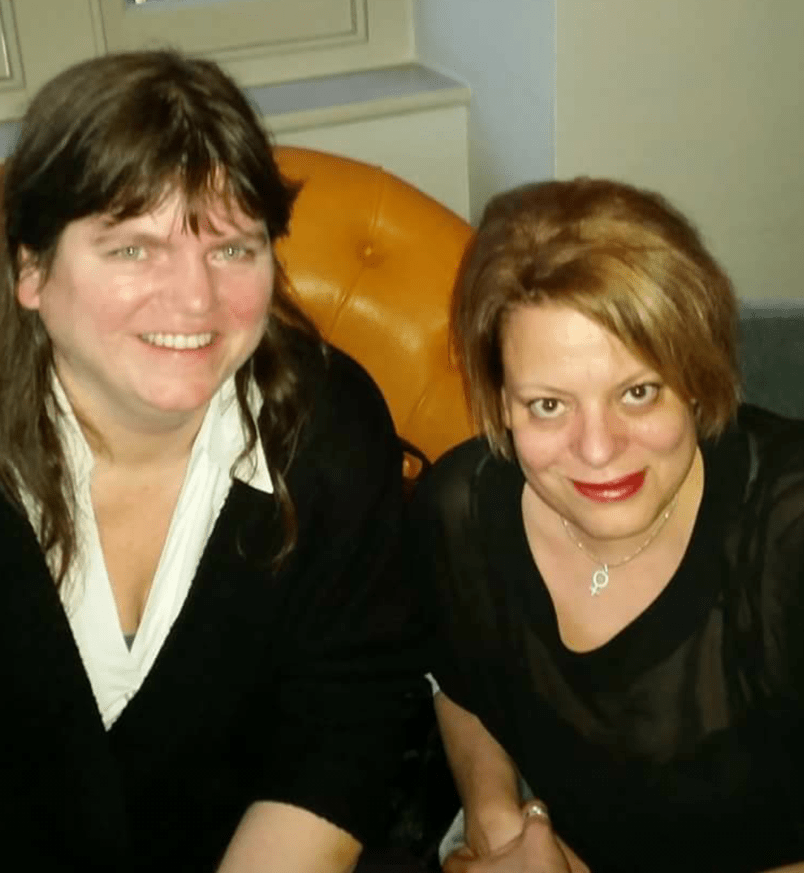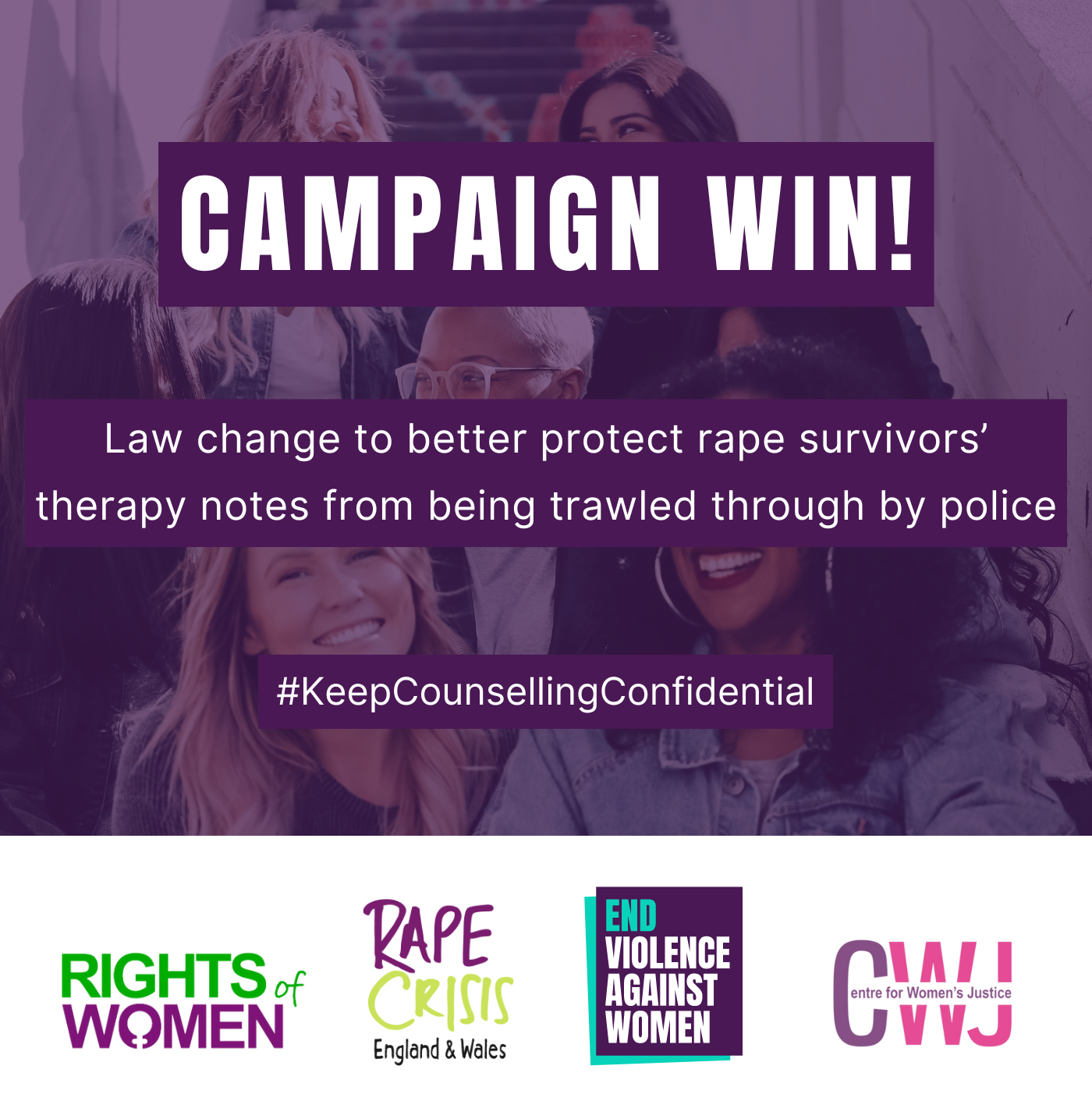 23 Apr
23 Apr
Jill Saward was raped in 1986 and went on to spend the rest of her life campaigning about rape and advocating for victim/survivors. Jill was an exceptional woman who sadly died, at the young age of 51 in January this year. Jill was also my friend and co-campaigner. In this blog post I discuss some of Jill’s ideas and the work of JURIES (Jurors Understanding Rape is Essential Standard), the campaign we set up together.
Freedom and empowerment for women and girls are inseparable. Empowerment can only be achieved when women and girls are liberated from male violence in all its forms. I am mindful of the 7th demand of the Women’s Liberation Movement of “freedom from intimidation by threat or use of violence or sexual coercion . . . and an end to all laws, assumptions and institutions which perpetuate male dominance and men’s aggression towards women.”
Rape and all forms of sexual violence are inherently disempowering. One of the ways in which some rape victim-survivors feel that they can take back control is through accessing the criminal justice system, by reporting. We know that the majority of victims do not report and one reason for this is as Jill acknowledged:
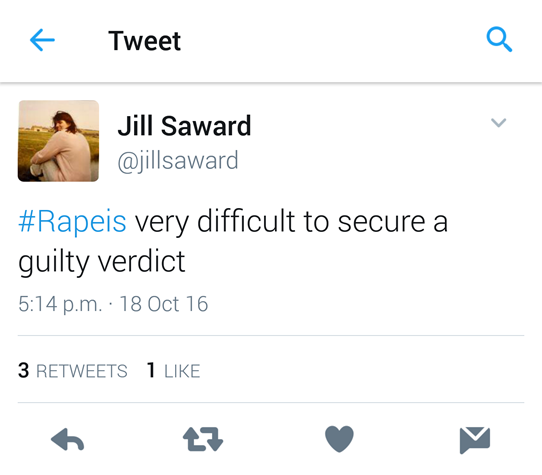
“for many years I have been concerned about juries that do not seem to understand the myths and stereotypes surrounding rape cases. I have seen and heard a lot of victims, and police who have felt that really strong cases have been lost at the will of juries, for no apparent reason.” For this reason, we came together to form JURIES which aims to introduce mandatory briefings of juries in myths and realities about rape.
What is meant by rape myths?
Martha Burt defines them as “stereotyped, or false beliefs about rape, rape victims, and rapists – in creating a climate hostile to rape victims.”[1] At present an estimated 93% of reported rapes do not end in a conviction. Clearly this overwhelmingly favours rapists.
It is JURIES’ belief that myths, stereotypes and victim blaming are barriers to justice for victims/survivors of rape and serious sexual offences. Justice denied for those who wish to report can be a devastating experience and exacerbates that acute sense of disempowerment for many.
We cannot be privy to what happens in the jury room, however, we do know from research into mock juries that myths and stereotypes influence jurors’ perceptions of defendant guilt and complainant credibility. Extra-legal factors in addition to presumptions about appropriate “victim response”, including physical resistance sufficient to sustain injuries, are influential.[2]
One of the last conversations I had with Jill over Christmas 2016 about our campaign centred on our shared frustration about the oft-repeated concern that jury briefings “may potentially prejudice the outcome of the trial”. Juries are, in our view, prejudiced as they have, like the rest of us, grown up on a diet of myths and stereotypes. The right to a fair trial should not be at the expense of victims. Jill felt they “lose out” and went onto say that “if judges need to be ticketed (specially trained and accredited) to hear [rape] cases, jurors ought to have some training.”
The Director of Public Prosecutions acknowledges “an unconscious bias” of jurors in rape trials and for the need of some form of guidance to be given at the beginning. As Julie Bindel writes: “If jurors were to receive the level of training and awareness-raising necessary to challenge the deep-rooted and highly persuasive myths about rape, the jury system would be more effective in dealing with sex crimes – but this would take more than a few words from the judge at the beginning of a trial, which is how it works at the moment.” A recent report publishing the findings of 30 rape trial observations at Newcastle Crown Court 6, states that only in 50% of the observed trials judges dispelled “a range of stereotypes to the jury right at the start of the case.”
JURIES argues that briefings should be mandatory and provided at the outset of a trial in the form of a DVD, with a view to engaging as wide a range of people as possible. DVDs are already central to the trial experience when the achieving best evidence video recording of the victim/complainant giving their account is played before the court. As former Lord Advocate of Scotland, Dame Elish Angiolini says about the jury system “. . . I like juries. The obligation is on us to give people an opportunity to understand better. The debunking of the myths has to be repeated, again and again.” One of the ways to achieve this, is to have myths and stereotypes challenged before any evidence is heard in addition to them to be addressed by the judge at the end.
There is a multitude of barriers to reporting rape. JURIES believes that the introduction of mandatory jury briefings would be one less barrier for victim/survivors who wish to see their perpetrator brought to justice.
There will be a tribute to Jill Saward at Manchester Metropolitan University on 17th March.
Photo: Jill Saward and Alison Boydell, founders of JURIES
[1] Burt, M.R. (1980) Cultural myths and supports for rape. Journal of Personality and Social Psychology 38 (2), 217-230.
[2] See Burrowes, N. (2012) Do rape myths affect juror decision making? A systematic review of the literature. [Online] BPP University College. London. Available from: https://www.bpp.com/carbon-content-1.0-SNAPSHOT/resources/ECMDocument?contentName=Rape_myths_Dec_2012; Ellison, L. & Munro, V. (2013) Better the devil you know? Real rape stereotypes and the relevance of a previous relationship in (mock) juror deliberations. International Journal of Evidence and Proof. 17, 299-322;
Finch, E. & Munro, V.E. (2005) Juror stereotypes and blame attribution in rape cases involving intoxicants: The findings of a pilot study. The British Journal of Criminology. 45 (1), 25.; Suarez, E. & Gadalla, T. M. (2010) Stop blaming the victim: A meta-analysis on rape myths. Journal of Interpersonal Violence. 25 (11), 2010-2035; Temkin, J. & Krahé, B. (2008) Sexual assault and the justice gap: a question of attitude. Hart Oxford, Portland.
Recommended ARTICLES
 23 Apr
23 Apr
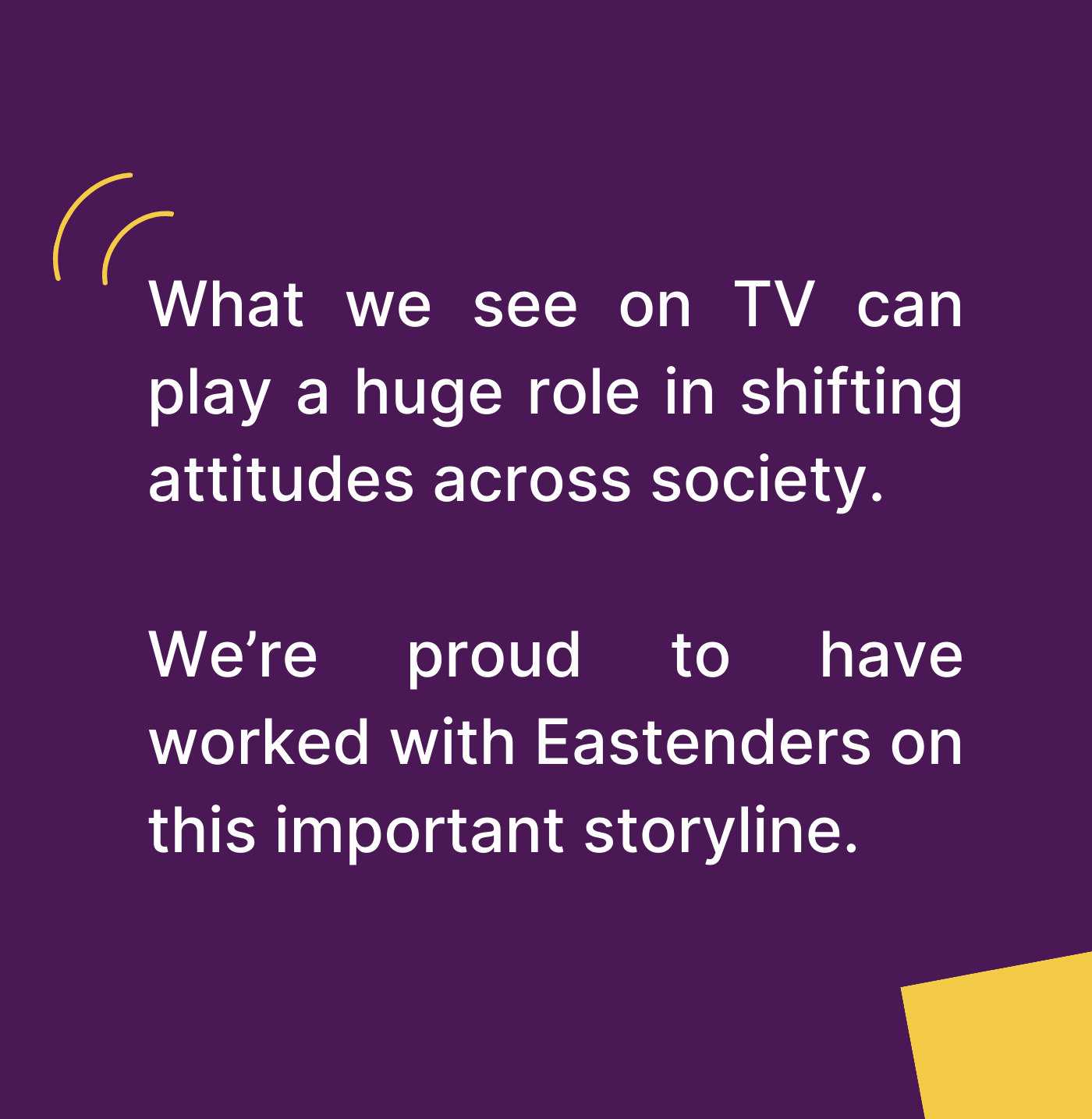 17 Apr
17 Apr
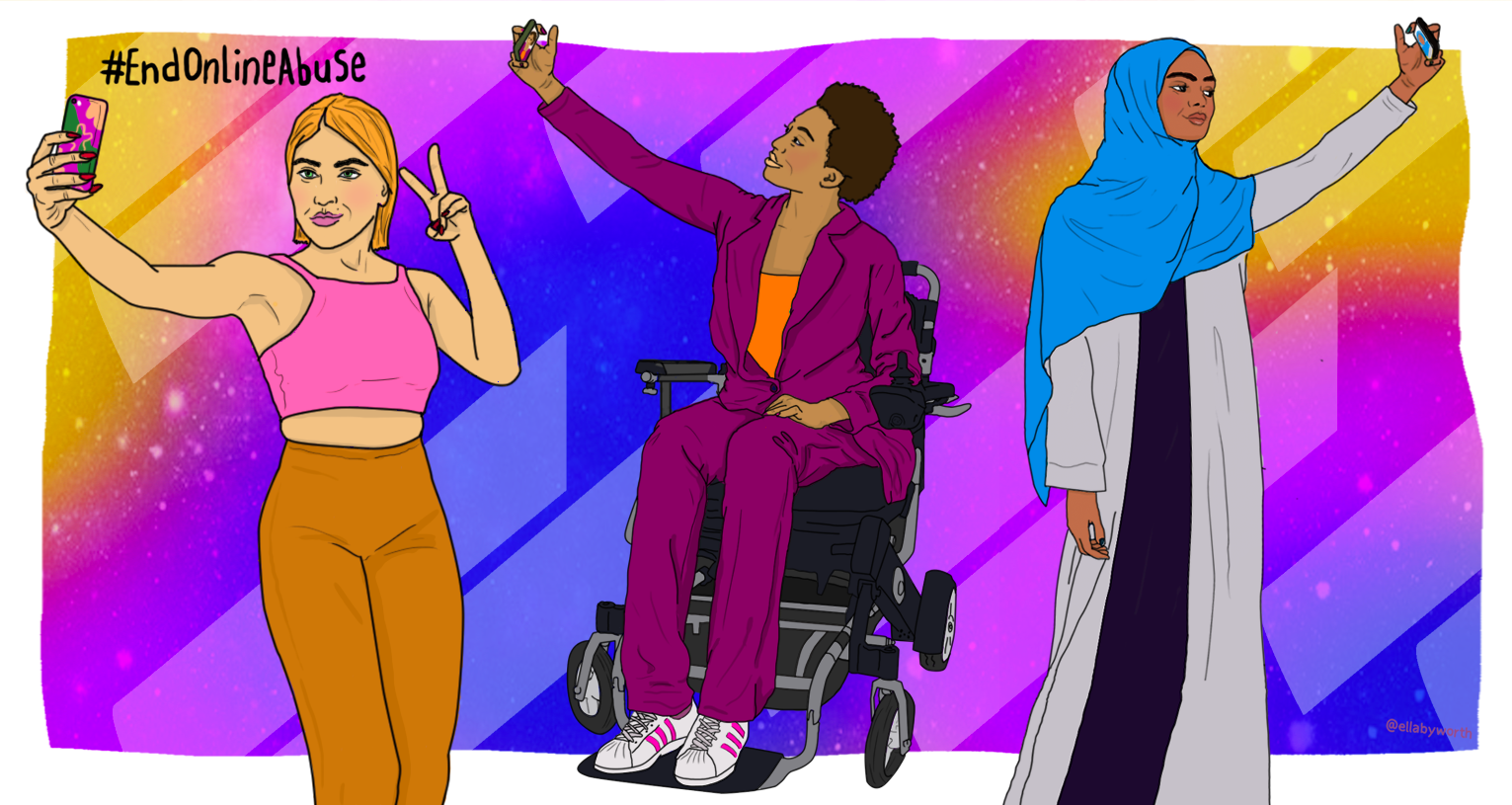 16 Apr
16 Apr

